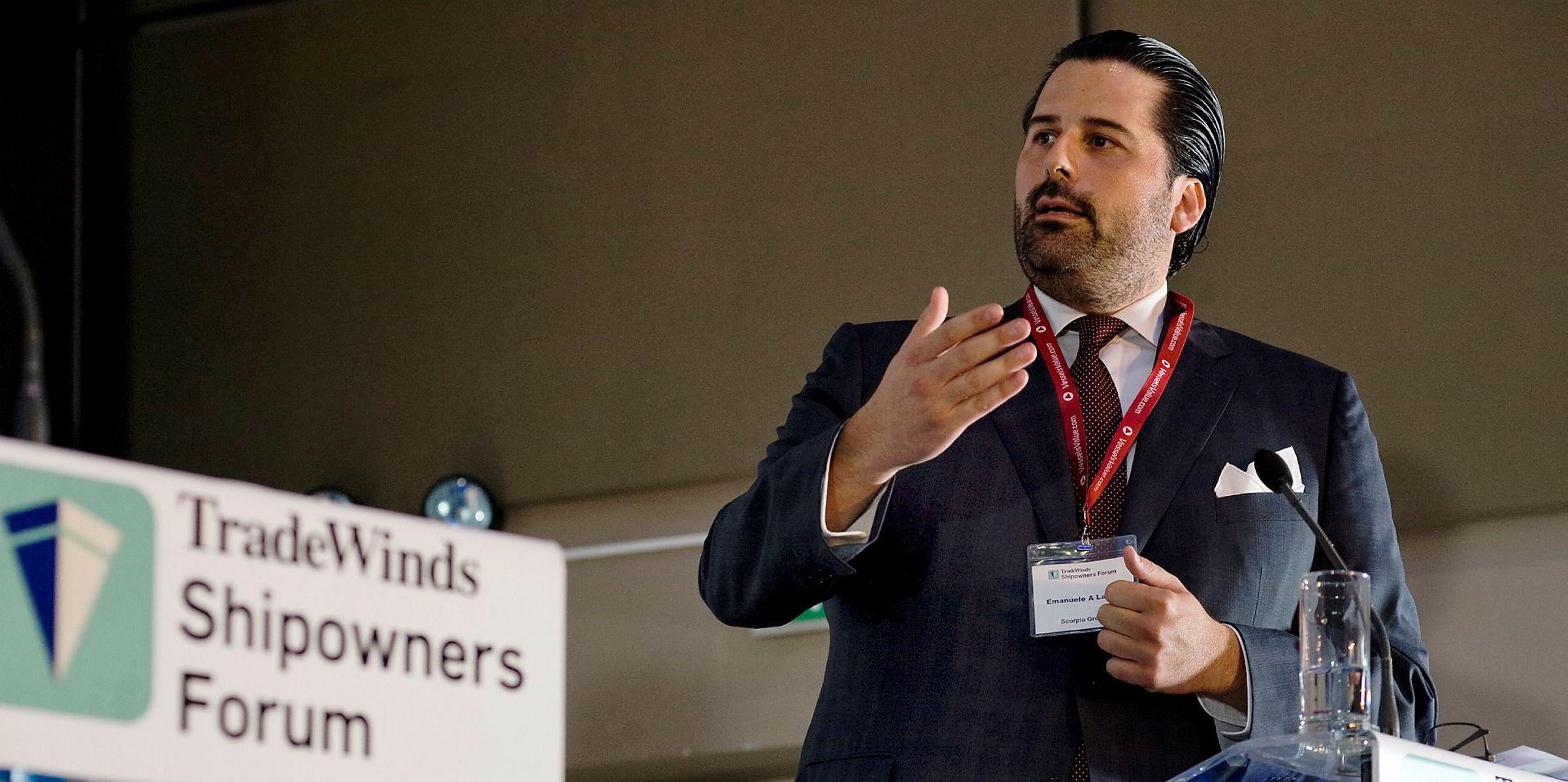David Herman headed shipping investment banking for Credit Suisse during shipping’s last “super-cycle”, and amid its most significant assault on US public equity markets ever.
The story was a sustained period of operating profits, shareholder dividends and an underlying tale of growing China demand that launched an unprecedented number of public companies in New York from 2005 to 2007.
But if that was the story then, what narrative does shipping have to tell investors in 2020, a dozen years after the end of the bull cycle and the world financial collapse, and still in the throes of a global pandemic?
“It’s a great question,” said Herman, who recently joined US shipbroker Charles R Weber to head is foray into finance. “But I do think there’s a lot to be positive about. In 2020, we never really experienced the anticipated benefits of IMO 2020 because of geopolitical events.
“We’ve got a historically low and reasonably attractive orderbook out there and that’s due to certain capital constraints, more disciplined ordering and a lot of vagaries around propulsion and other emissions requirements, going out to 2025, 2030 and beyond.”
Delicate balance
In the tanker market, a price war between Saudi Arabia and Russia combined with deflated demand from coronavirus to compress an expected two-year positive rates market into two or three months. The sector now faces a period of inventory destocking before balance returns.
Meanwhile, public equities are trading well below net asset value (NAV) across operating sectors.
“Back in 2005, we were able to structure transactions that effectively capitalised dividends and created value in excess of NAV, with the pitch that these dividends are sustainable — 15 years on, we know that they weren’t,” Herman said.
“The industry hasn’t been able to generate consistent returns in an environment where healthcare, technology and other sectors are generating significant growth and cash flow. So it’s hard to make the case that, even at a discount to NAV, a shipping stock is a good investment.”
But the current depressed climate has created “deep value” in those stocks once balance returns to the market, he argued.
“Capital markets discipline is healthy for the industry. The fleet is reasonably balanced, capital is tight, scrapping is increasing. All of that leads you to believe we should have some reasonable period of a healthy market.”







